General




Visiting our WKSK Library: General Information
We have an enticing collection of children's books and resources in our library which is located at the front entrance of the school. Children can use the library with their teachers on a weekly basis, and we are delighted to be able to share our collection with our children and families. We also have a vast collection of Adult Learning books which can be borrowed by parents. 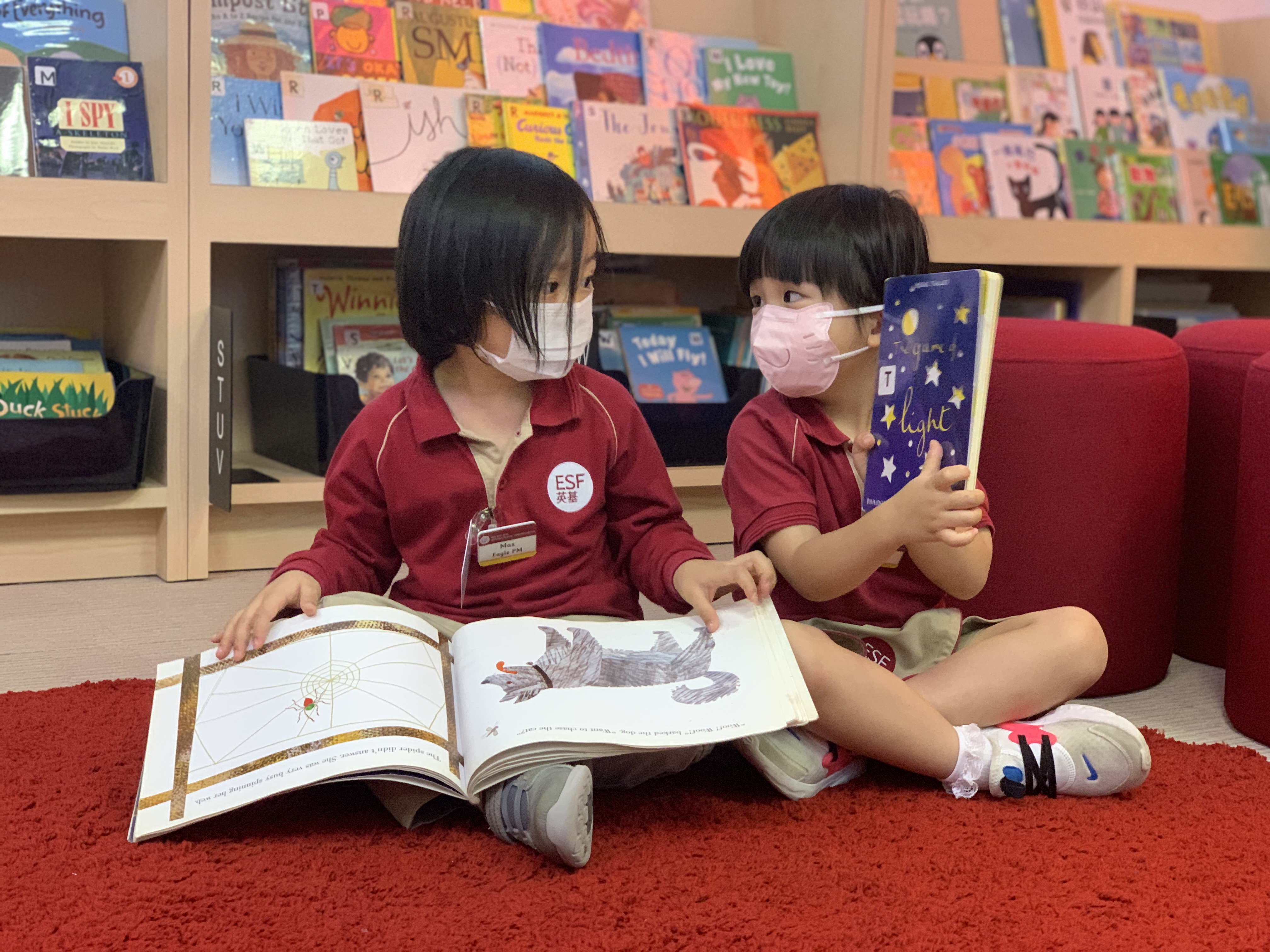
Keeping Learning Central to What We Do - Keeping Safe at All Times
In order to ensure books are borrowed and returned safely, we must:
The Library Borrowing Routine:
We hope that by making the library accessible in this way and providing families with better access to reading materials, we can together enhance the development of children’s early literacy skills.
Home Language Readers
As part of our aim to promote and celebrate the value of home languages we would like to share some stories our families have recorded for us, using their native/home language.
A child’s first comprehension of the world around them, the learning of concepts and skills, starts with the language that is first taught to them. Your mother tongue language has such an important role in framing your child’s thinking and emotions. Their psychological and personality development will depend upon what has been conveyed through your mother tongue.
Furthermore, the stronger your child’s mother tongue, the easier it is for them to learn or develop other languages. It is also necessary for your child to have a strong mother tongue in order to build age-appropriate cognitive processes (Bloom, & Keil, 2001).
Having a strong foundation in your home language is a powerful tool that can support the “transfer” of concepts in one language to another. Language transfer also helps us learn how languages work and are organised (Cummins, 2001).
As your child begins to communicate a thought or idea from one language to the other, they begin to actively translate, reinforcing their vocabulary and linguistic flexibility.
Please see the links below to find out more about the importance of the importance of home languages on your child's development:
The Importance of Mother Tongue
The importance of Mother Tongue in Education
WKSK Story Sharing - Mother Tongue Readers
Please click on the links below to watch our wonderful families share their favourite stories in their home language.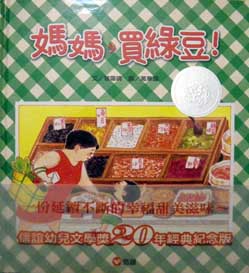
'Let's Get Mung Beans, Momma!'
'Dinosaur Hides from Cat' 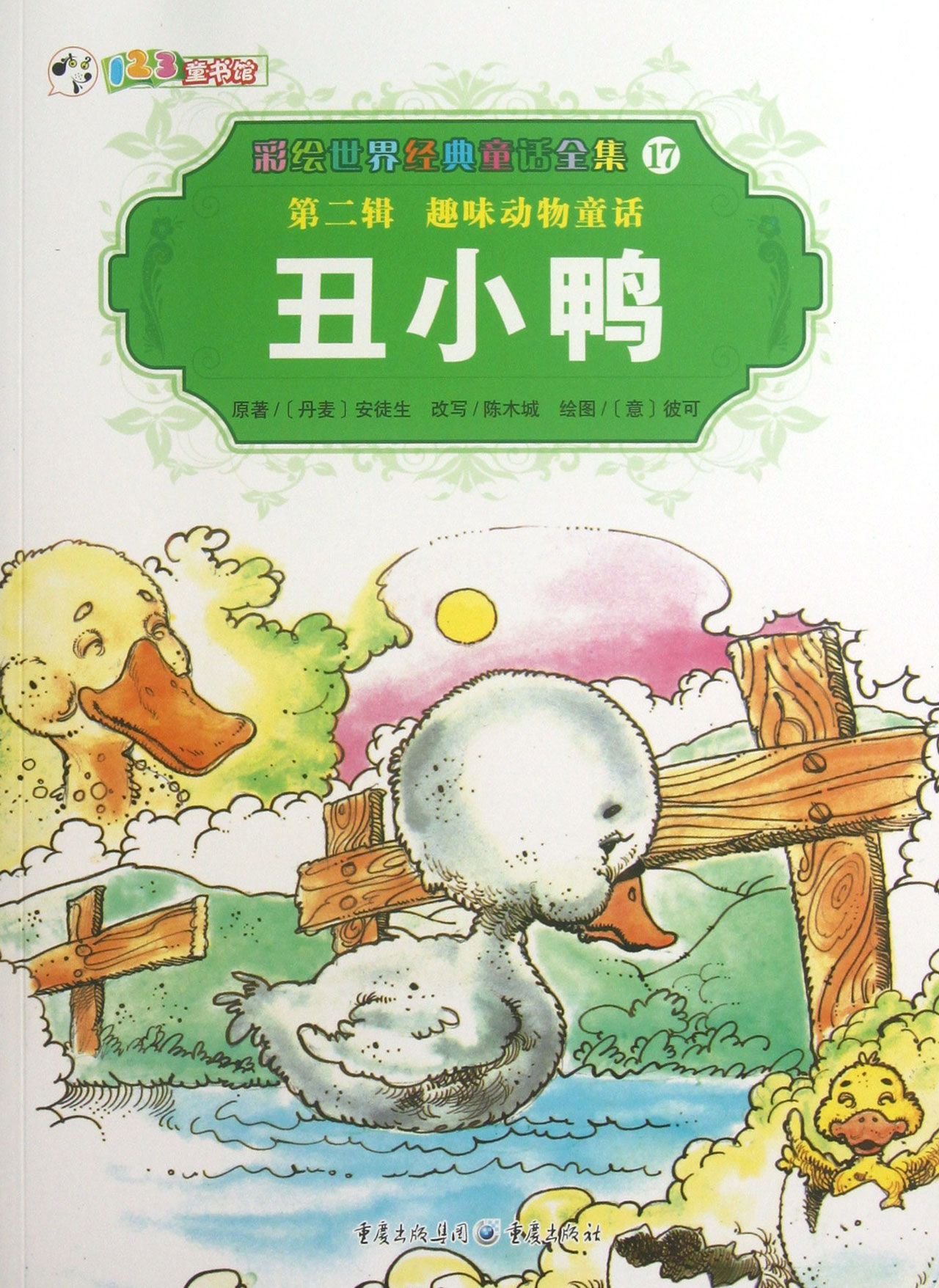
'The Ugly Duckling' 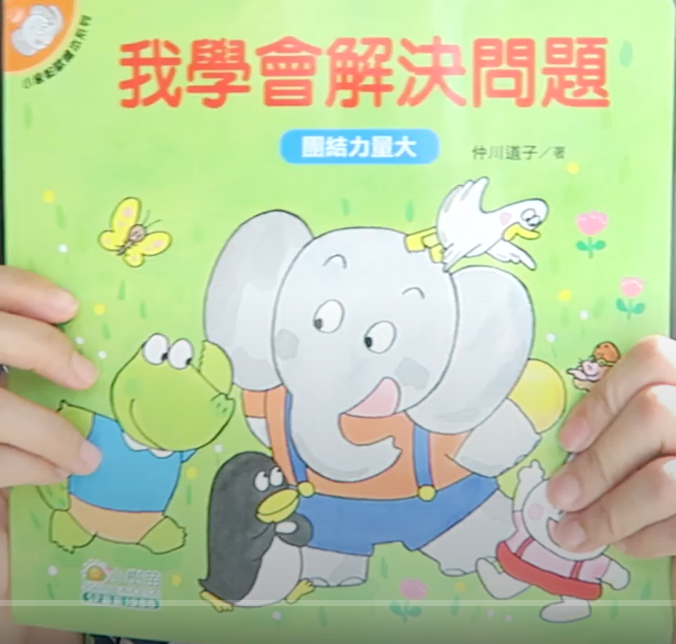
'I've Learned How to Solve a Problem' 
'Rupert the Brave' 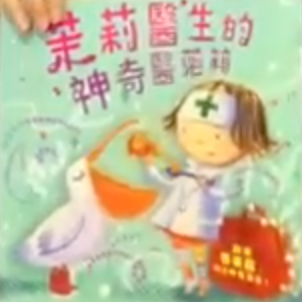
'Dr Julie's Magical Medical Kit'
Back to top